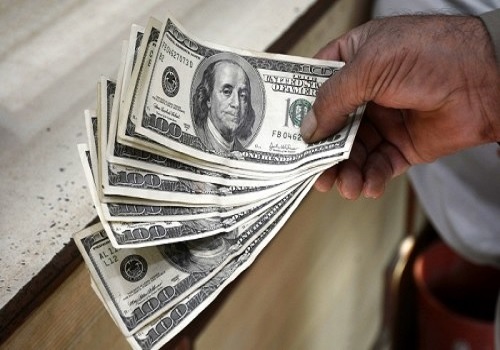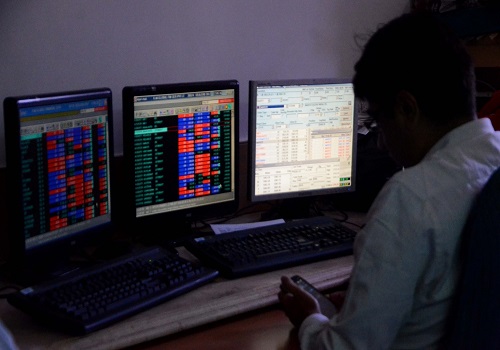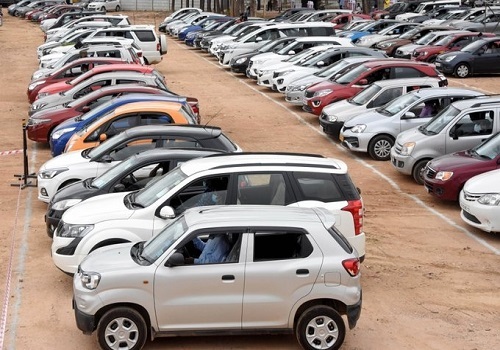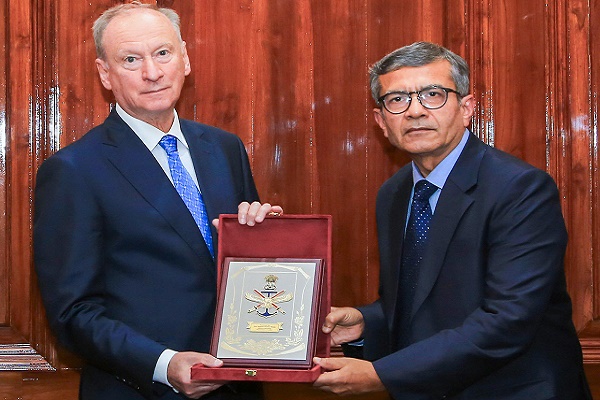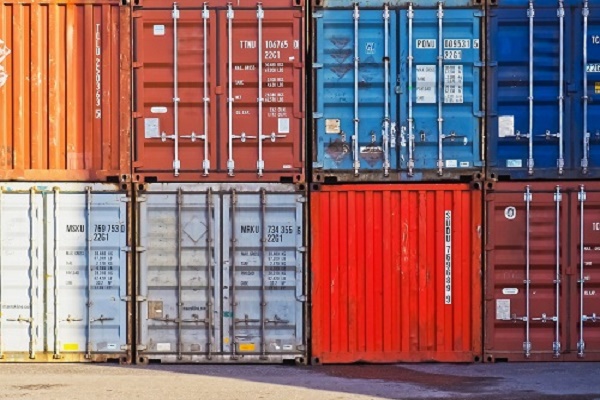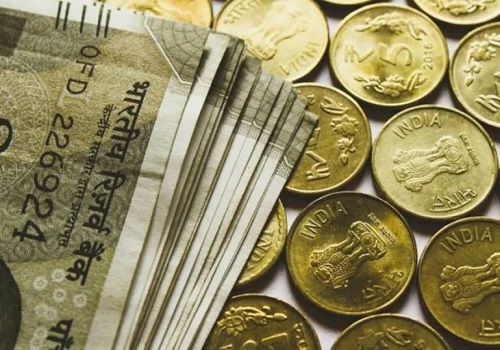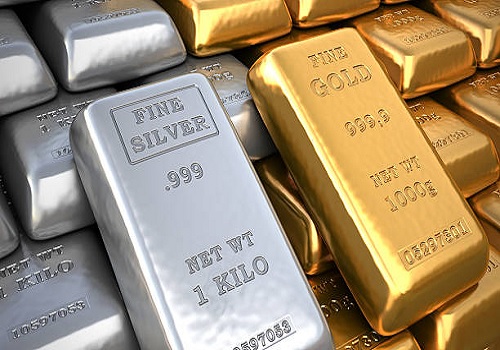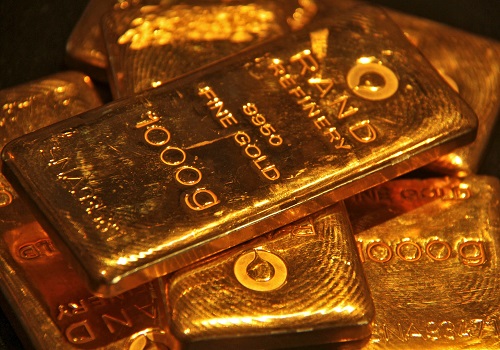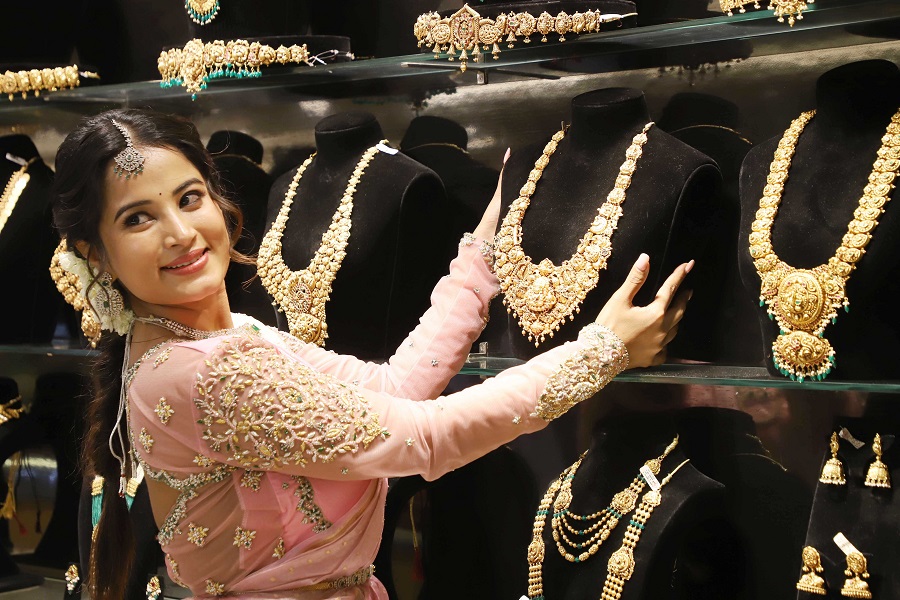Russia's Gold Rush: A Strategic Shift to Bypass Western Sanctions and De-Dollarize by Amit Gupta, Kedia Advisory
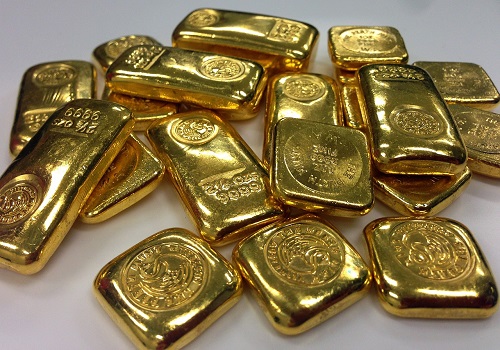
Key Highlights
# 601% Surge in Gold Purchases: Russia increased its daily gold purchases by 601%, reaching 8.2 billion rubles, as part of its efforts to evade Western sanctions.
# De-Dollarization Strategy: Russia’s shift towards gold aligns with its broader strategy of de-dollarization, reducing reliance on the U.S. dollar in international trade.
# BRICS Pay Initiative: A blockchain-based, decentralized payment system called BRICS Pay aims to facilitate transactions in local currencies, challenging the dominance of the dollar.
# Oil for Gold Trade: Speculations suggest Russia may begin trading oil for gold, marking a significant departure from the petrodollar system.
# Gold Pegging the Ruble: Russia is considering pegging the ruble to gold, making it a credible substitute for international trade and further reducing dependence on the dollar. Russia has dramatically increased its gold purchases by 601%, aiming to accumulate reserves worth 8.2 billion rubles daily. This significant increase in gold reserves aligns with Russia's broader economic strategies to counteract the tightening grip of Western sanctions. The focus on gold is not just a financial safeguard but a central part of Russia’s long-term plans to de-dollarize its economy, insulating itself from global financial systems dominated by the U.S. dollar. Russia's gold rush is motivated primarily by the economic sanctions imposed by Western nations following the Ukraine conflict.
These sanctions have isolated Russia from global financial systems like SWIFT, forcing the country to seek alternative financial mechanisms to maintain trade with its international partners. By increasing its gold reserves, Russia aims to mitigate the volatility of currency markets, hedge against sanctions, and provide a safe asset during times of economic uncertainty.
The central role in this strategic pivot is played by Russia, particularly under the leadership of President Vladimir Putin, who has consistently pushed for economic independence from the West. Russia's membership in BRICS (Brazil, Russia, India, China, South Africa) and its influential role in the bloc further amplify its drive to foster a new global financial order less dependent on the U.S. dollar. This gold accumulation is taking place within Russia, but its effects are global, as the strategy ties into international trade dynamics. Russia’s de-dollarization agenda has implications for BRICS nations and other countries seeking to escape the dominance of Western financial systems.
Speculation suggests that Russia could even begin trading oil for gold, directly challenging the U.S.-dominated petrodollar system. One of the methods to achieve this goal is through the BRICS Pay system, a blockchain-based decentralized payment system designed to enable trade in local currencies. The system reduces reliance on the dollar by facilitating secure, transparent transactions that are censorship-resistant, thanks to blockchain technology. With minimal transaction fees and easy access via mobile phones, BRICS Pay is positioned as a viable alternative to traditional financial systems like SWIFT.
Additionally, Russia may peg the ruble to gold, a step that could further stabilize its currency in international markets. This pegging would make the ruble a more attractive option for global trade, particularly among nations eager to reduce their reliance on the dollar.
Russia’s shift toward gold intensified in 2022 when sanctions began to significantly affect its economy. The current 601% increase in gold purchases reflects a more aggressive push in 2024, coinciding with Russia’s other efforts to consolidate its financial independence and seek alternatives to dollar-based trade systems.
So to someup, Russia’s dramatic increase in gold purchases, alongside its efforts to de-dollarize, reflects a strategic pivot to counter the effects of Western sanctions. By bolstering its gold reserves and exploring alternative trading systems like BRICS Pay, Russia aims to insulate its economy from the volatility of currency markets and maintain trade independence. Pegging the ruble to gold could further stabilize Russia’s position in international trade, offering a credible alternative to the U.S. dollar, particularly in oil transactions. The implications of this shift are vast, with the potential to reshape global financial dynamics as more countries explore alternatives to Western-dominated systems.
Above views are of the author and not of the website kindly read disclaimer
